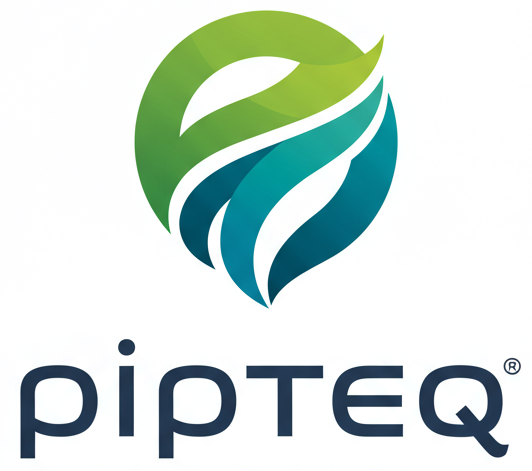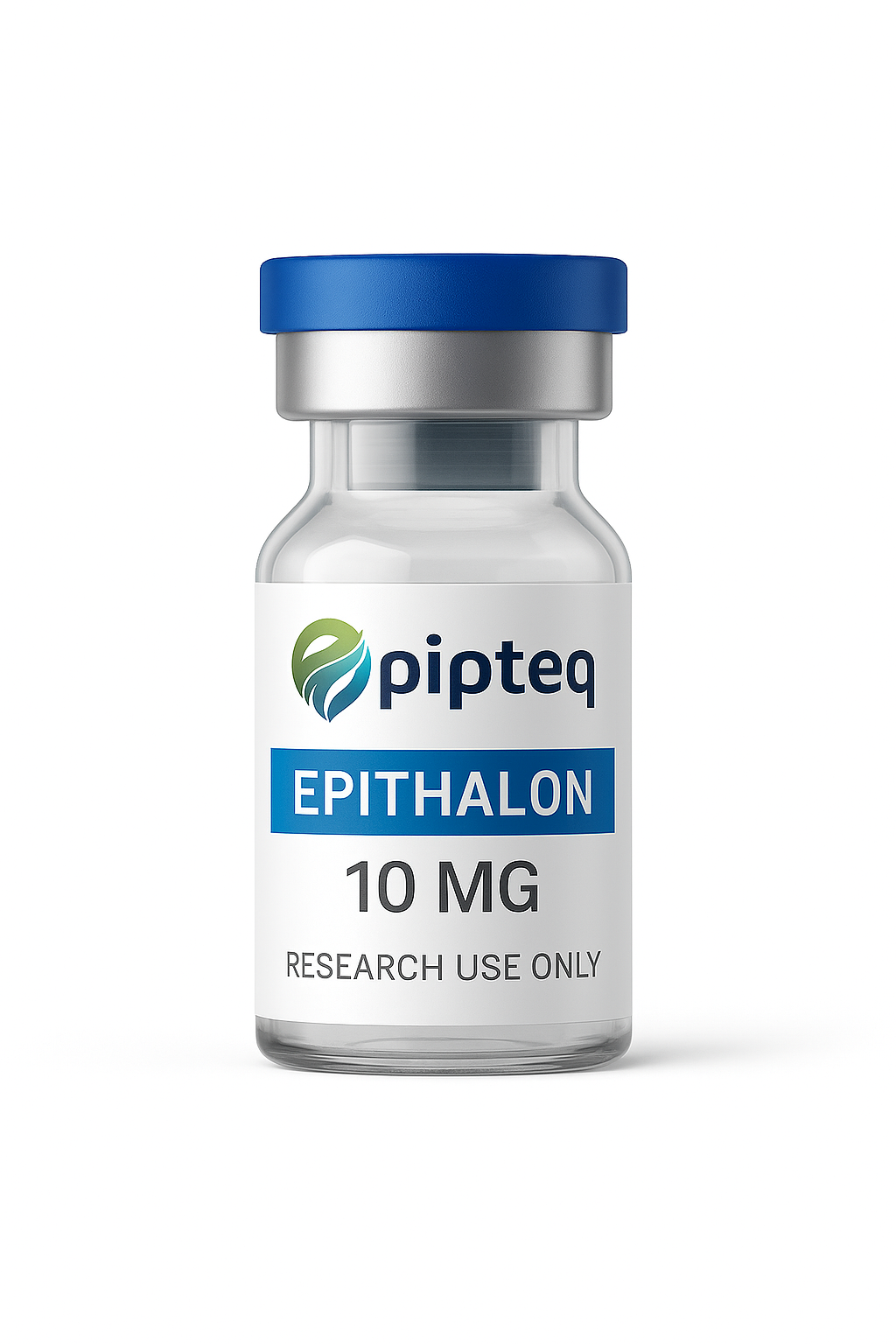⏳ Epithalon: The Longevity Peptide That May Turn Back the Clock
In the world of advanced bioregulators and anti-aging peptides, Epithalon (also known as Epitalon) is one of the most compelling molecules studied for its ability to stimulate the pineal gland, lengthen telomeres, and potentially extend lifespan.
Backed by decades of research from Russia and Europe, Epithalon is a top choice for researchers focused on telomerase activation, sleep optimization, and biological age reversal.
🧬 What Is Epithalon?
Epithalon is a synthetic tetrapeptide (Ala-Glu-Asp-Gly), modeled after Epithalamin, a naturally occurring peptide secreted by the pineal gland. It was first discovered by Professor Vladimir Khavinson, a pioneer in peptide bioregulation.
Epithalon has been shown in experimental models to:
- Increase telomerase activity (an enzyme that lengthens telomeres)
- Improve melatonin secretion and circadian rhythm
- Boost antioxidant defenses
- Regulate immune function
🔬 How Does Epithalon Work?
Epithalon acts as a bioregulator, meaning it helps the body restore normal function at the cellular level. It does so primarily by:
- Activating telomerase, which helps repair the ends of chromosomes (telomeres)
- Supporting pineal gland activity, improving melatonin release and sleep cycles
- Enhancing gene expression involved in repair, regeneration, and immunity
Its anti-aging effects have been documented in animal studies, showing increased lifespan, improved organ function, and reduced age-related degeneration.
✅ Potential Benefits of Epithalon (Research-Based)
⌛ Telomere Repair & Cellular Longevity
Promotes healthy cell division and may delay the cellular aging process by preserving telomeres.
🛌 Improved Sleep & Melatonin Production
Supports natural melatonin secretion for better circadian rhythm and deeper sleep.
🛡️ Immune System Regulation
Balances immune responses, potentially reducing chronic inflammation.
🧠 Neuroprotective Effects
Shown in animal models to protect brain cells and improve cognitive performance.
🧬 Supports Anti-Aging Protocols
Used in bioregulatory medicine and longevity research for its broad systemic impact.
🧪 Scientific Research & Clinical Use
- Discovered by: Professor Vladimir Khavinson (Russia)
- Used clinically in Russian gerontology and longevity clinics for over 20 years
- Demonstrated to increase lifespan by up to 30% in certain animal models
- Telomere lengthening effects documented in human lymphocyte studies
🔗 Reference Links and Further Reading
- 🔗 PubMed – Epithalon and Telomerase Activation
- 🔗 Khavinson Institute – Peptide Bioregulators
- 🔗 SelfHacked – Epithalon Review
- 🔗 SwissChems – Epithalon for Research
- 🔗 Peptide Sciences – Epithalon
- 🔗 ScienceDirect – Pineal Peptides and Aging
📦 How Is Epithalon Used in Research?
- Typical dose in studies: 5–10mg per day for 10–20 days (subcutaneous or intramuscular injection)
- Protocol cycles: Often repeated every 6 months
- Can be combined with: Thymalin, BPC-157, or other bioregulators in longevity stacks
⚠️ Note: Epithalon is for research purposes only and not approved for human or veterinary use.
📊 Epithalon vs Other Longevity Peptides
| Peptide | Main Action | Best For |
|---|---|---|
| Epithalon | Telomere lengthening | Longevity, sleep, cell repair |
| Thymalin | Immune regulation | Autoimmunity, recovery |
| 5-Amino-1MQ | NAD+ & fat metabolism | Fat loss, energy, longevity |
| CJC-1295 | Growth hormone release | Muscle repair, anti-aging |
🛒 Where to Buy Epithalon (Research Grade)
- 🔗 Peptide Sciences – Epithalon 10mg
- 🔗 SwissChems – Epitalon 10mg
- 🔗 Pipteq™ – Premium Research Peptides (UK) (coming soon)
- 🔗 PureRawz – Epithalon
🚀 Conclusion: Epithalon & The Future of Longevity Research
Epithalon is one of the most promising peptides in the longevity and anti-aging field, offering a scientifically grounded approach to telomere repair, sleep restoration, and cellular health. With strong data from both human and animal models, it continues to attract researchers and wellness pioneers seeking safe, targeted biological rejuvenation.
For those pursuing advanced biohacking or regenerative protocols, Epithalon stands as a cornerstone compound with extraordinary potential.

